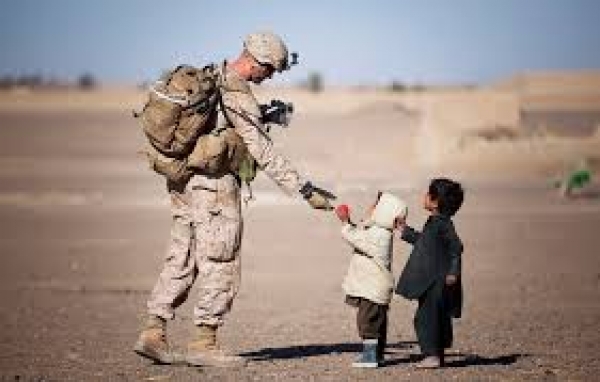In 2019, the United States approved the Global Fragility Act (GFA) to address and prevent armed conflict and with the aim of ultimately ensuring lasting peace. To achieve this goal, the government decided to focus on engaging with all governmental and non-governmental actors at a local and national level in the peacebuilding processes. For this reason, the Alliance for Peacebuilding - a network of more than 120 organisations in the field - and the non-governmental organisation Peace Direct, following consultation with 140 peacebuilders from over 39 countries, published the report "Local Peacebuilder Perspectives on the U.S. Global Fragility Act" in July. The report investigates the main present and future perspectives of actors such as the United States for effective implementation of policies such as the GFA.
The report highlights how the various local peacebuilders are open and willing to cooperate, showing the potential for the US government to consult and integrate local actors into its operational processes. The participation of local actors allows for a more holistic and extensive knowledge of the different contextual dynamics and the key role played by civil society, as demonstrated by the fight against COVID in the most precarious contexts. Such incorporation of local actors must, however, take into account a series of factors. On the one hand, it is necessary to include all actors belonging to a given context without labelling them as "bad" or "good". In order to achieve this objective, it is crucial to understand which are the marginalised groups - from women to minorities - and then to determine, together with local actors, how to overcome contextual barriers of cultural, linguistic, geographical, historical or political nature causing such marginalisation. On the other hand, the treatment of these actors must guarantee the security of all parties with the ultimate aim of creating an environment of genuine collaboration, protection and understanding of all groups. If this inclusion is guaranteed in a timely manner, it is possible to build long-term trust between the parties, which is a precondition for peaceful and permanent relations.
The report also advises the US and similar actors to approach these contexts without pre-packaged solutions or antidotes while viewing local organisations as mere executors. Instead, it would be preferable to include local actors, learning from them without any prejudice. For this reason, an approach that focuses on local actors is encouraged, recognising their ability to understand contextual needs and consequently considering them as the most competent in the formulation and implementation of projects and solutions. It is therefore up to actors such as the United States to pursue sustainable growth of existing local initiatives and to create flexible, multi-annual programmes and funding which include peacebuilders and the civil society in all phases. Only then they will be able to provide a rapid and effective response to the constantly evolving local scenarios. In addition, external actors play a crucial role in providing resources and expertise which are not generally accessible to local actors, such as medical, psychological and trauma support - essential for the reconciliation process. Actors such as the US must use their position to assist reconciliation and put pressure on local and governmental actors who are reluctant to collaborate but willing to receive funding. In conclusion, only a transparent, consistent, bottom-up approach can enable the understanding of the causes and the identification of effective and lasting solutions to a conflict without just dealing with its consequences, because - as the report itself states - peace is not just a project, but a long-term process.
To read more, please visit:
https://www.peacedirect.org/us/wp-content/uploads/sites/2/2020/07/p4d-gfa-report.pdf
Author: Matteo Consiglio; Editor: Margherita Curti




